About this guide

A member of staff or a carer can support you to read this guide. They will be able to answer any questions that you have.
About this guide
- This guide is for people who might be having problems with eating but who aren’t sure if they have an eating disorder.
- This guide is for people who have an eating disorder and who want to find out more information.
What is an eating disorder?
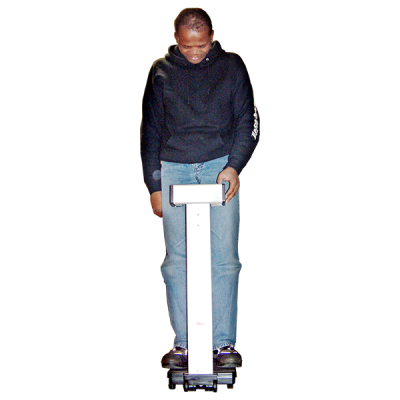
If you worry about what you weigh and how you look so much that it changes your life, you might have an eating disorder.
You might think you need to lose weight even if you are thin.
You might eat too much to help you cope with things that are happening in your life.
If you think you do these things, you might have an eating disorder.
Types of eating disorders
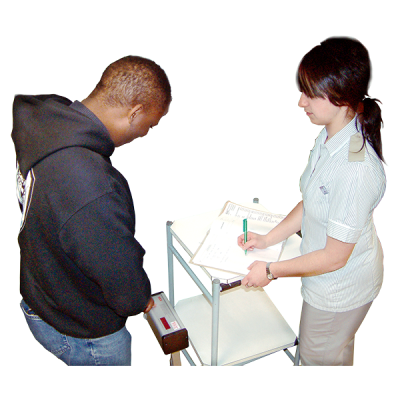
Anorexia
- Not eating very much.
- Losing lots of weight very quickly.
- Being frightened of getting fat or putting on weight.
- If you are a woman, your periods might stop.
- Being underweight for your height.
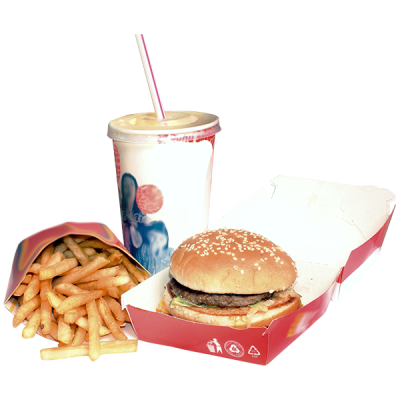
Bulimia
- Needing to eat lots and lots of foods with lots of calories, then making yourself sick.
- Taking laxatives to make you go to the toilet to help you lose weight.
- Feeling low, or feeling bad about yourself.
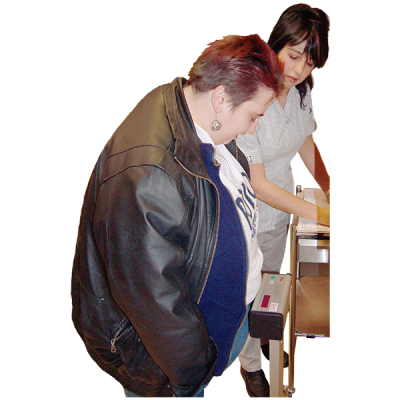
Binge Eating Disorder
- Eating lots of food quickly, when you don’t feel hungry and not stopping when you are full.
- Feel guilty when you have eaten.
- Eating in secret, away from other people.
- Putting on weight.
Why do people have eating disorders?
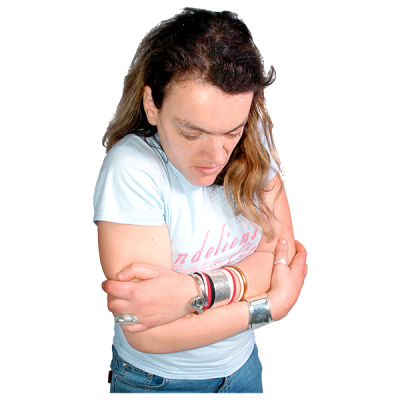
Anyone can have an eating disorder.
Sometimes, people have eating disorders because of things happening in their lives, like:
- Wanting to be in control over something in their life.
- Having no confidence or feeling bad about themselves.
- Trying to be perfect – to look like people on TV or in magazines.
- Not knowing how to cope with difficult feelings.
- Losing someone they love.
- Having something bad happen in their lives, like being bullied or abused.
- Being worried about what other people think about ‘fat’ people.
How eating disorders affect your body
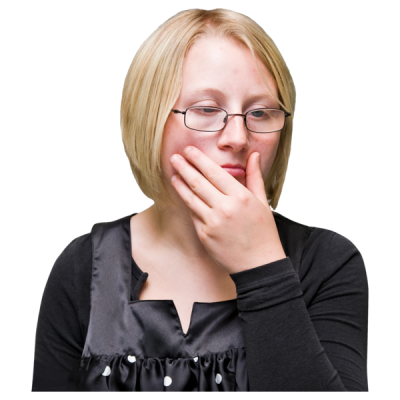
If you have an eating disorder, your body might change:
- Your skin might become dry and your hair and nails could snap easily.
- Your teeth might start to go rotten.
- Your face and body might look fatter.
- Women might have problems with their periods. They may have problems getting pregnant.
How eating disorders affect the way you feel
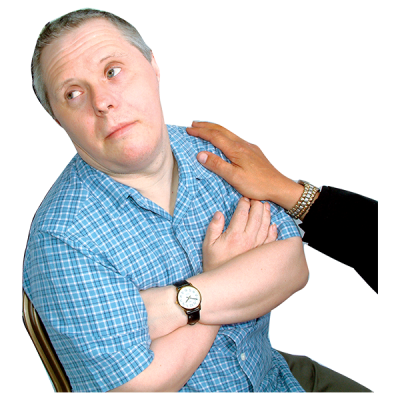
If you have an eating disorder, you might feel different:
- You might feel depressed or nervous.
- You might not like the way you look. You might not want to be around people.
- You might feel very tired but not be able to sleep.
- You might find it hard to concentrate.
- You find it hard to think.
- You might not feel like you want to hug or touch people.
- You might not want to have sex.
Can I get help?
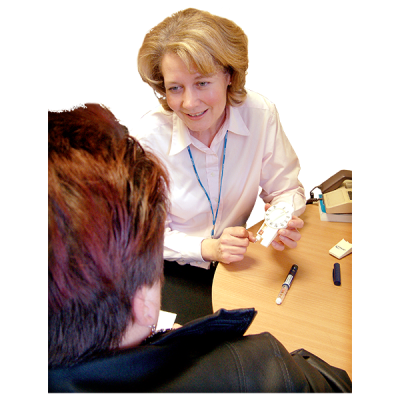
Thinking that you might have an eating disorder can be a scary thing.
Asking for help can also be frightening. If you want to get help you can talk to your doctor or nurse.
Your doctor or nurse might ask you to see someone who will help you to get better.
Where to get help
These organisations can give you help and advice:
Beat Eating disorders
Information and support for people who have eating disorders.
Telephone: 0808 801 0677
Email: help
www.
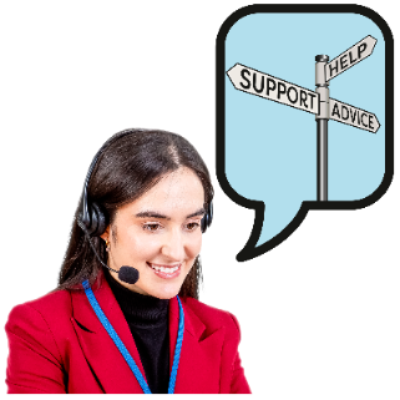
Mind Infoline
Help and information and support.
Telephone: 0300 123 3393
Email: info
www.
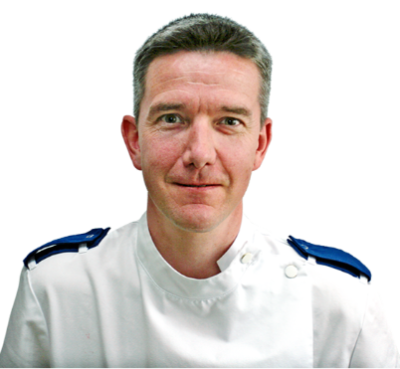
You can also get help and information from your doctor or nurse.
Acknowledgement

Easy Read version developed by:
- Skills for People, Telephone: 0191 281 8737
Skills for People is a registered charity no. 1069993 - Many thanks to service users and healthcare staff who have contributed to the development of this guide
Adapted from Eating Disorders - A Self Help Guide written by Jen Murphy, Jenny Johns, Dr Lesley Maunder and Lorna Cameron
www.
Published by the Patient Information Centre
2025 Copyright, Cumbria, Northumberland, Tyne and Wear NHS Foundation Trust
Ref, PIC/632/0525 May 2025 V4
Review date 2028
 Print or download as a PDF
Print or download as a PDF